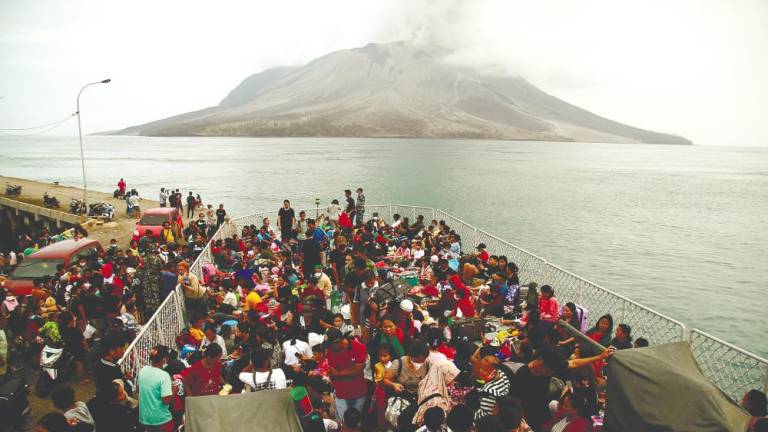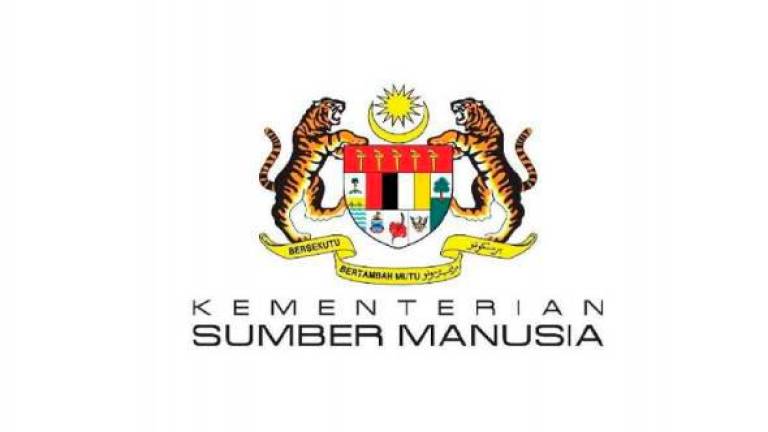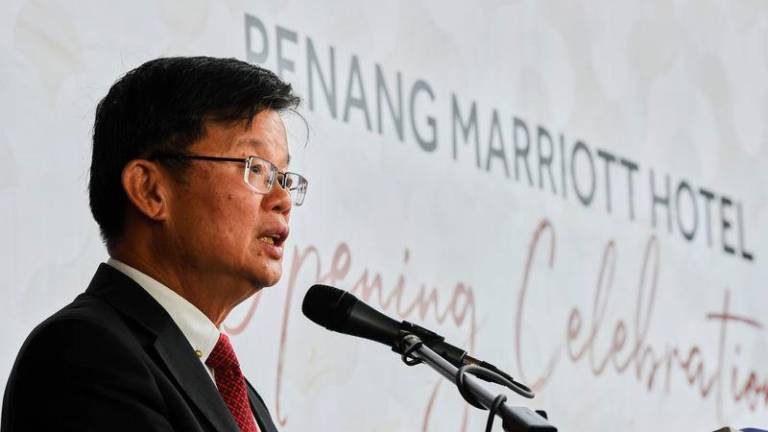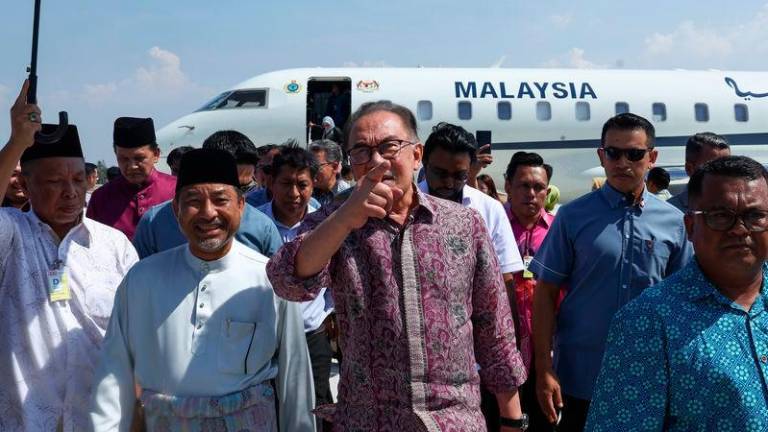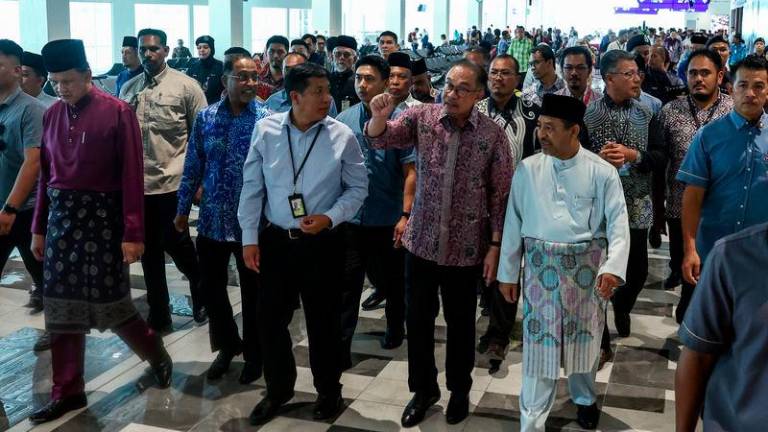SUBANG JAYA: MYAirline Sdn Bhd will offer cargo services via belly space for all its routes by May, following recent approval from the relevant authorities.
According to CEO Rayner Teo, the low-cost carrier (LCC) will utilise current passenger flight schedules to transport cargo via its Airbus A320 fleet with a cargo capacity of around four tonnes.
He expects high demand for cargo services in flights from Kuala Lumpur to East Malaysia.
Teo said MYAirline may aspire to export cargo and manage full cargo operations in the future.
On maintenance, repair, and operations (MRO), he said the airline has plans to manage its own “full suite of engineering activities”, but remarked that it will “take some time” to plan and will not be on the cards this year.
Recently, the airline announced that it has signed a deal to lease 17 Airbus A320 aircraft, expected to be delivered within the year. To date, it has a fleet size of six aircraft of the same model.
Teo shared that the airline’s internal target is to have at least 20 planes by the end of this year and is expecting to add three to complete its aim. MYAirline’s target is to have 50 aircraft by 2025 and 80 by 2027.
“Our business model is on the basis of LCC. One of the key fundamentals is that you keep to a single aircraft family type for the cost benefits,” he said.
Asked if the additional three aircraft will be of the same type, Teo told SunBiz: “We are looking for the same family type but they have a slightly longer plane, the A321. We are hoping to get it this year, but at the moment we have yet to confirm.”
He said the A321 has additional capacity of up to 40 seats compared to the A320’s seat capacity of 180.
On whether MYAirline, which is operating on a lease basis now, will make purchases for future use, Teo noted that aircraft purchase is a “big exercise” but the airline may consider it “if the opportunity exists, for us to make a commitment this year”.
He disclosed that the company is now in discussions with two major commercial aircraft manufacturers.
MyAirline currently operates nine domestic routes, eight from its main hub in Kuala Lumpur International Airport Terminal 2 (KLIA2) and its intra-Sabah route connecting Tawau and Kota Kinabalu. It has plans to set up a second hub this year, with high likelihood of being located in Kota Kinabalu (KK).
Teo said the location is “not cast in stone yet” but Kota Kinabalu is a “logical step”. The airline will make an official announcement on its newest hub by the third quarter of this year (Q3’23) and operations will begin end Q3 or Q4.
“KK has natural demand, especially inbound even before the Covid-19 pandemic. There are very good opportunities in terms of moving traffic into KK, besides serving that destination itself for outbound as well. Based on historical numbers, that seems to me to be the strongest choice for the second half,” Teo said.
However, he noted that there are other major cities in Malaysia that have opportunities to become a hub as well, such as Kuching, Johor Bahru and Penang.
According to him, if an airline wanted to be unique, it “could explore the cities within Sabah and Sarawak, which has not been done before”.
In terms of most profitable routes, he opined that they are Kuala Lumpur to Kota Kinabalu and Kuala Lumpur to Kota Bahru.
Asked if MyAirline will consider codesharing partner-ships, he said “not for the moment”.
However, Teo believes that “sometime in the near future you will need to evolve and make sure that you have partnerships in order to sustain your operations and the scale we have set ourselves to be”.
He said the aviation industry is on the upswing, due to pent-up travel demand post-Covid pandemic.
“The signs are all very positive that we will be having very good numbers going forward. In terms of the projections that we’ve done earlier on, it’s beating what we anticipated it to be. So I think it is largely due to timing, timing coming into the game.”
Teo disclosed that MYAirline will be launching its range of merchandise by sale on board by early next month. The merchandise will feature about 10 products such as stationery, caps, t-shirts, health-related equipment and reusable bags.
On its first-quarter results, he shared that the airline experienced an average of 92% load factor.






